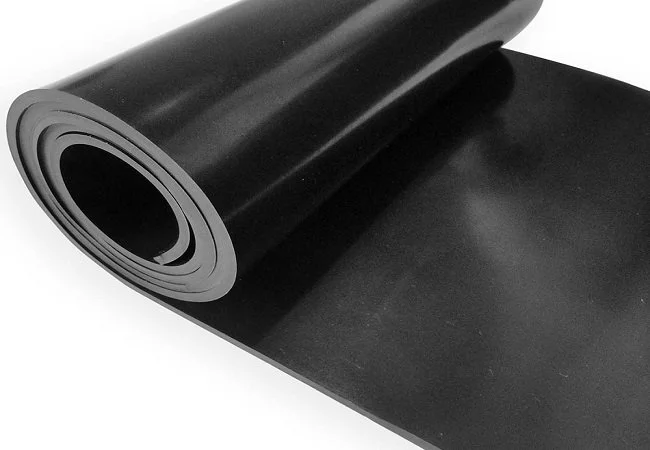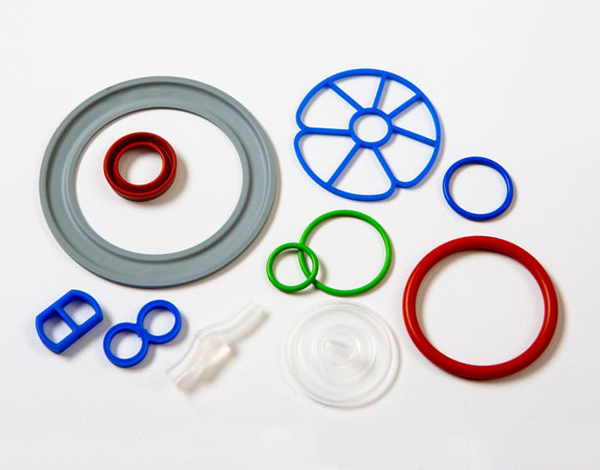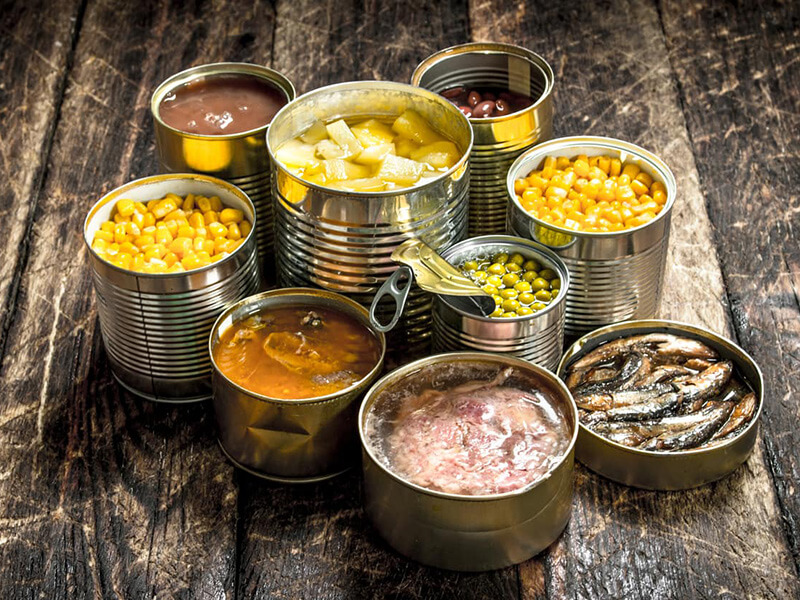When it comes to preserving the freshness of fruits, the refrigerator is often seen as a sanctuary. However, not all fruits thrive in the cold environment of a fridge. Among the most commonly consumed fruits, apples and oranges frequently raise the question: do they last longer when stored in the fridge? This article delves into the science of fruit storage, examining the factors that influence the longevity of apples and oranges, and providing practical tips for maximizing their shelf life.
Understanding Fruit Ripening and Ethylene Production
To answer the question of whether apples and oranges last longer in the fridge, it’s essential to understand the ripening process of these fruits. Both apples and oranges produce ethylene gas, a natural plant hormone that plays a crucial role in the ripening process. Apples are known to be climacteric fruits, meaning they continue to ripen after being harvested. In contrast, oranges are non-climacteric, ripening only while still attached to the tree.
The production of ethylene can lead to accelerated ripening and spoilage if fruits are stored together. Therefore, it’s important to consider how these fruits interact with each other when stored in the same environment.
Apples: The Cold Storage Champion
Apples are best stored in the refrigerator. The cool temperatures slow down the production of ethylene gas and inhibit the growth of spoilage organisms. When stored in the crisper drawer, apples can last anywhere from four to six weeks, depending on the variety. Varieties such as Fuji and Granny Smith tend to have a longer shelf life due to their lower moisture content and thicker skin.
To maximize their longevity, it’s advisable to store apples in a perforated plastic bag or wrapped in a damp paper towel. This method helps maintain humidity while allowing for some air circulation, preventing the apples from becoming mealy.
Oranges: A Room Temperature Delight
On the other hand, oranges are best kept at room temperature for short-term storage. When stored in the fridge, oranges can lose their juiciness and flavor due to the cold air, which can cause the fruit to dry out. Typically, oranges can last about a week at room temperature, while refrigeration can extend their shelf life to two to three weeks. However, the trade-off is often a decline in taste and texture.
For optimal storage, keep oranges in a well-ventilated bowl or a mesh bag at room temperature. If you must refrigerate them, ensure they are placed in a breathable container to minimize moisture loss.
The Impact of Humidity and Temperature
The longevity of both apples and oranges is also influenced by humidity and temperature. The ideal temperature for storing apples is around 30-35°F (-1 to 2°C) with high humidity, while oranges prefer slightly warmer conditions, around 45-50°F (7-10°C) with moderate humidity. Maintaining these conditions can significantly enhance the shelf life of both fruits.
Practical Tips for Storing Apples and Oranges
- Separate Storage: Store apples and oranges separately to prevent ethylene-induced spoilage.
- Check for Spoilage: Regularly inspect your fruits for any signs of spoilage. Remove any affected fruit immediately to prevent the spread of decay.
- Use the Crisper Drawer: Utilize the crisper drawer in your fridge for apples, as it is designed to maintain humidity levels.
- Avoid Washing Before Storage: Washing fruits before storage can introduce moisture, leading to mold growth. Wash them just before consumption.
- Consider the Variety: Different varieties of apples and oranges have varying shelf lives. Familiarize yourself with the types you purchase to optimize storage.
Conclusion: The Best Practices for Longevity
In summary, while apples benefit from refrigeration, oranges are better suited for room temperature storage. Understanding the unique characteristics of these fruits and their storage requirements can significantly extend their freshness and flavor. By implementing the tips outlined above, you can enjoy the crispness of apples and the juiciness of oranges for longer, making the most of your fruit purchases.







